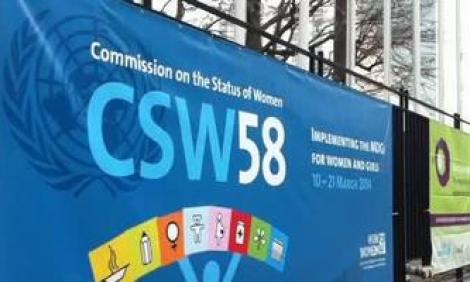
In depth
Fighting the backlash: Moving the agenda forward at the CSW
The 58th session of the Commission on the Status of Women was held in New York from 10 to 21 March 2014. While there were strategic moves forward in relation to ICTs and tech-related violence against women, the APC Women's Rights Programme discuss both the highlights and the frustrations the women's movement faces in pushing the women's rights agenda forward.
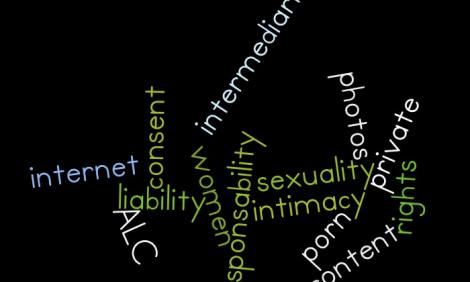
In depth
Alberto Cerda: "There are many more international agreements to protect intellectual property than to protect people's privacy"
Alberto Cerda is the international affairs director at Derechos Digitales, a Chilean NGO, and a specialist in intellectual property and privacy issues. In this interview, he analyses the legislation and policies being adopted in Latin America to deal with online violence against women involving the invasion of privacy, and the responsibility assigned to internet intermediaries and individuals.
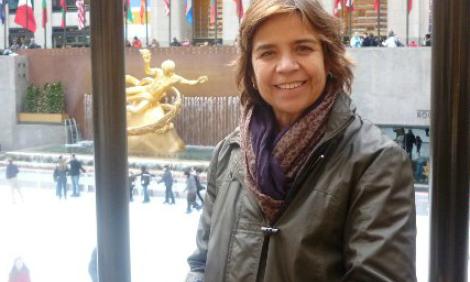
In depth
CSW58: "We need to move beyond agreements towards public policies that will fulfil the commitments made to women"
The 58th session of the Commission on the Status of Women (CSW) took place from 10 to 21 March 2014 at the United Nations headquarters in New York. “Challenges and achievements in the implementation of the Millennium Development Goals (MDGs) for women and girls" was this year's priority theme. The participation of women's organisations in CSW sessions provides an opportunity for delegations to…
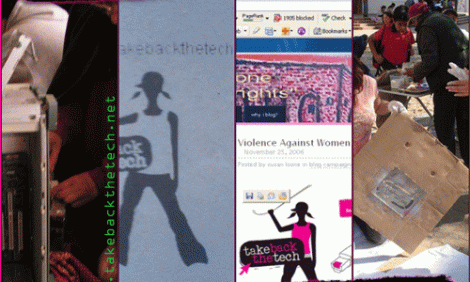
Editorial
No easy reading
Nora Quebral (2012) - who is credited with coming up with the concept of 'development communication' in the early 70s - argued recently in an account of Asian domestic workers in the Middle East, and the right-to-drive protest by women in Saudi Arabia, that any analysis of rights is necessarily deeply contextual: “A tough question to answer would be: in which [of these two societies] do women…

In depth
Jamaican household workers use cell phones to protect their rights and improve the working conditions
Leith Dunn and Hopeton Dunn from the Institute for Gender and Development Studies Mona Unit, and Mona ICT Policy Centre, at the University of the West Indies, are the authors of the Global Information Society Watch article entitled “Women’s rights, gender and ICTs: Empowering household workers in Jamaica”. In this interview they told GenderIT.org why they chose this subject, how the sector of…
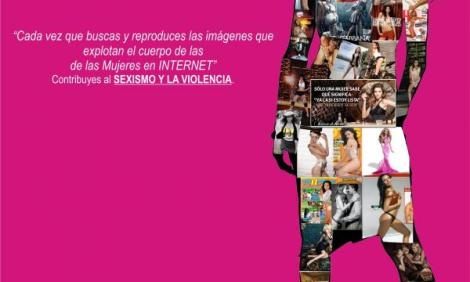
In depth
Cook Islands: Pushing for women leaders
The Global Information Society Watch Cook Islands report was released, written by Maureen Hilyard, Alexis Wolfgramm and Lynnsay Rongokea from the Pan Pacific and Southeast Asia Women’s Association. Analía Lavin interviewed Maureen Hilyard, one of the authors, on the main issues women face online, on gender equality in the political system, and on the role of the media.
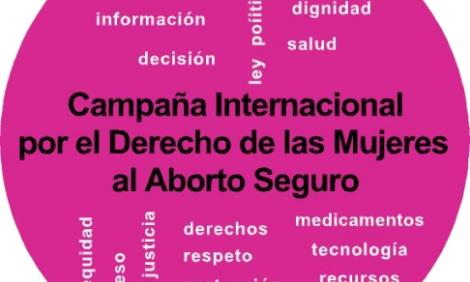
In depth
"We have to gain more ground with human rights advocacy organizations": Interview with Vanessa Coria Castilla of Women's Global Network for Reproductive Rights
On September 21st the website of the "Health Network of Latin American and Caribbean Women” (RSMLAC: Red de Salud de las Mujeres Latinoamericanas y del Caribe) was attacked and taken down. This attack occurred immediately after the launch of several activities related to #28SAbortoLegal, the September 28th social media campaign to legalise abortion. In this special issue, working with our partner…
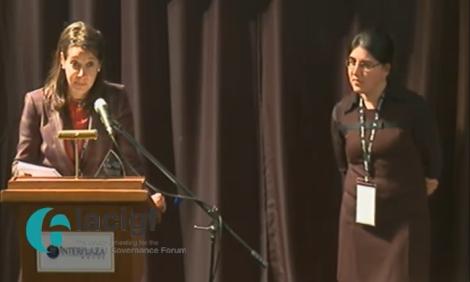
In depth
Let's talk about gender analysis in the LAC IGF
The APC Women's Rights Programme attended the preparatory meeting prior to the Latin American Internet Governance Forum held in late August in Córdoba, Argentina. Attending were Erika Smith, Dafne Sabanes Plou, and Flavia Fascendini. The Spanish language editor of GenderIT.org interviewed both feminists to analyse whether the internet governance debate still marginalises gender issues, or if they…
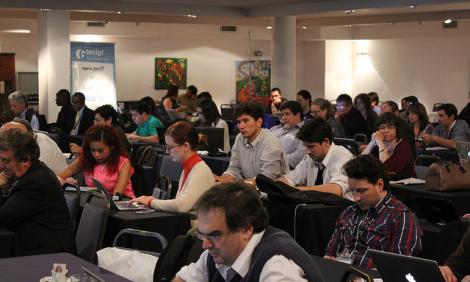
Editorial
Let's go beyond the basics: What would feminist internet governance look like?
Feminism is one of the most important movements in the recent history of humanity, if we measure its political impact, the level of its theoretical proposals, and its ability for social articulation and mobilization, It has permeated the debate, analysis, activism, and development of public policy in critical areas like the economy, culture, health, and education, among others. Nevertheless, when…
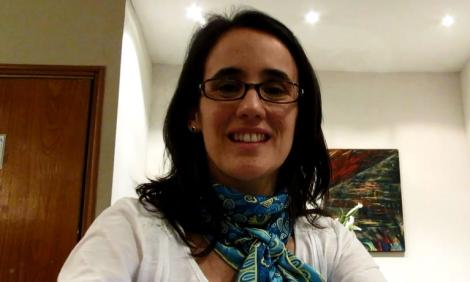
In depth
"We have to respond to discriminatory discourse with more discourse": Natalia Gherardi on symbolic violence
Mother and wife, housewife, caregiver, submissive, fragile. Or bad, crazy, bitch, witch. All are sexist gender stereotypes that speak to what, socially and culturally, a woman is considered to be, or not be, and what she should, or should not, be. How do we dismantle this sort of invisible violence? How do we challenge discriminatory gender stereotypes and label them publicly as being negative,…




